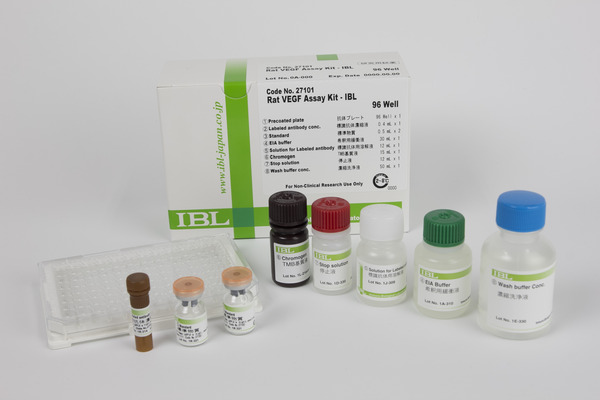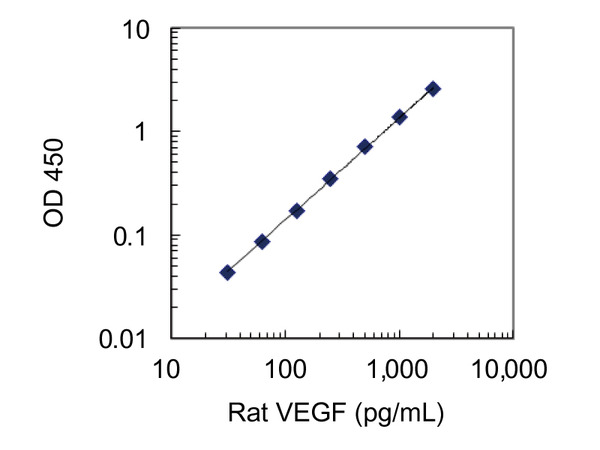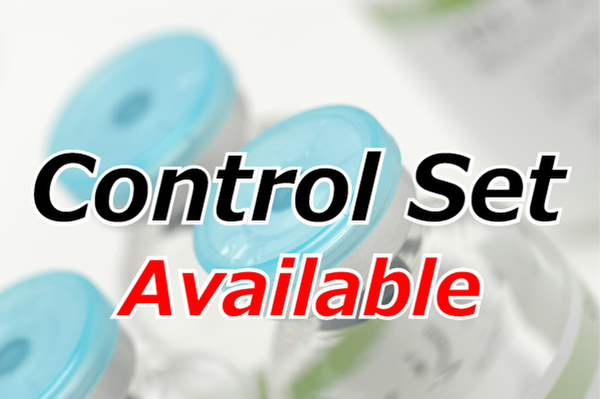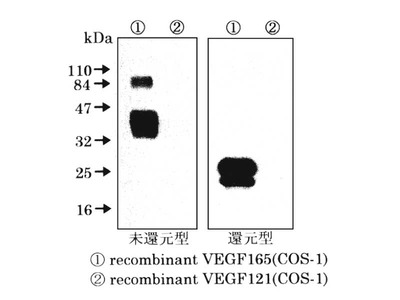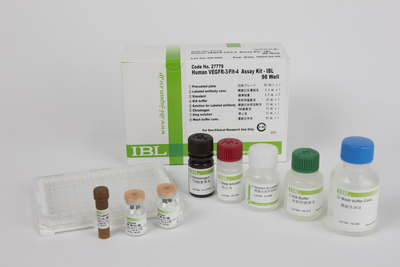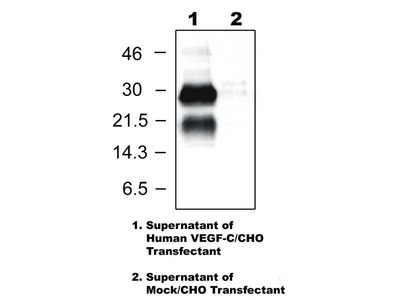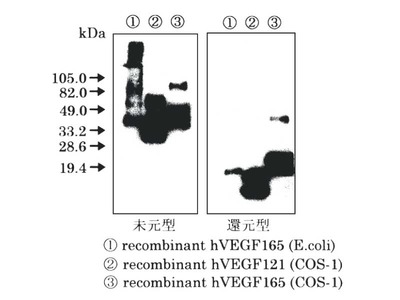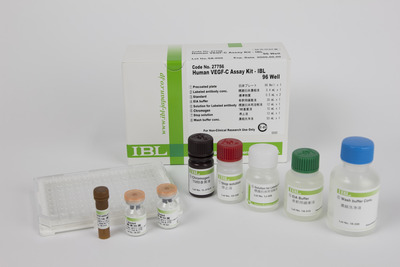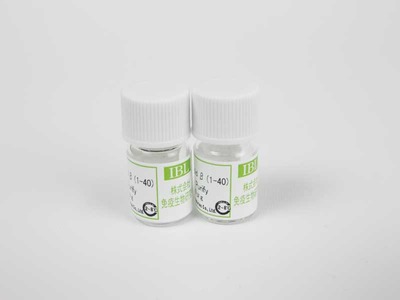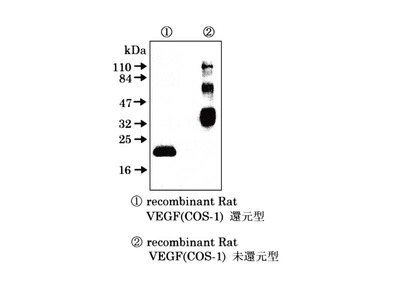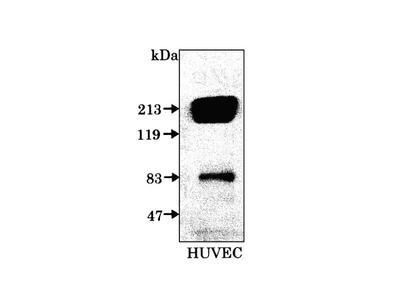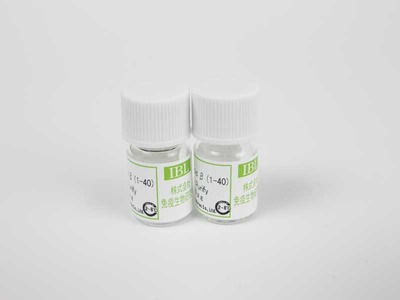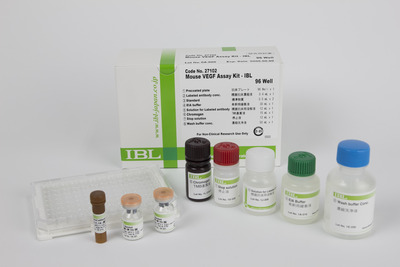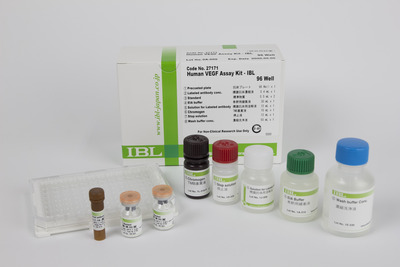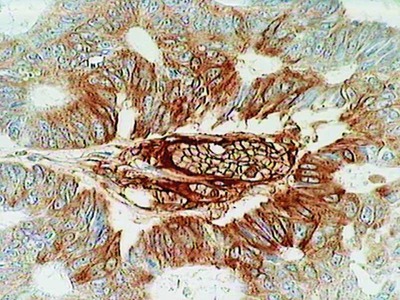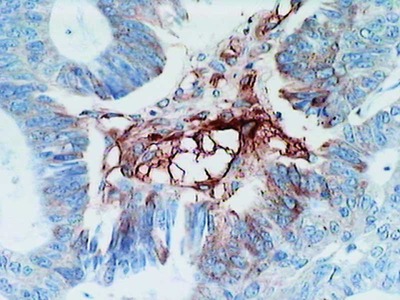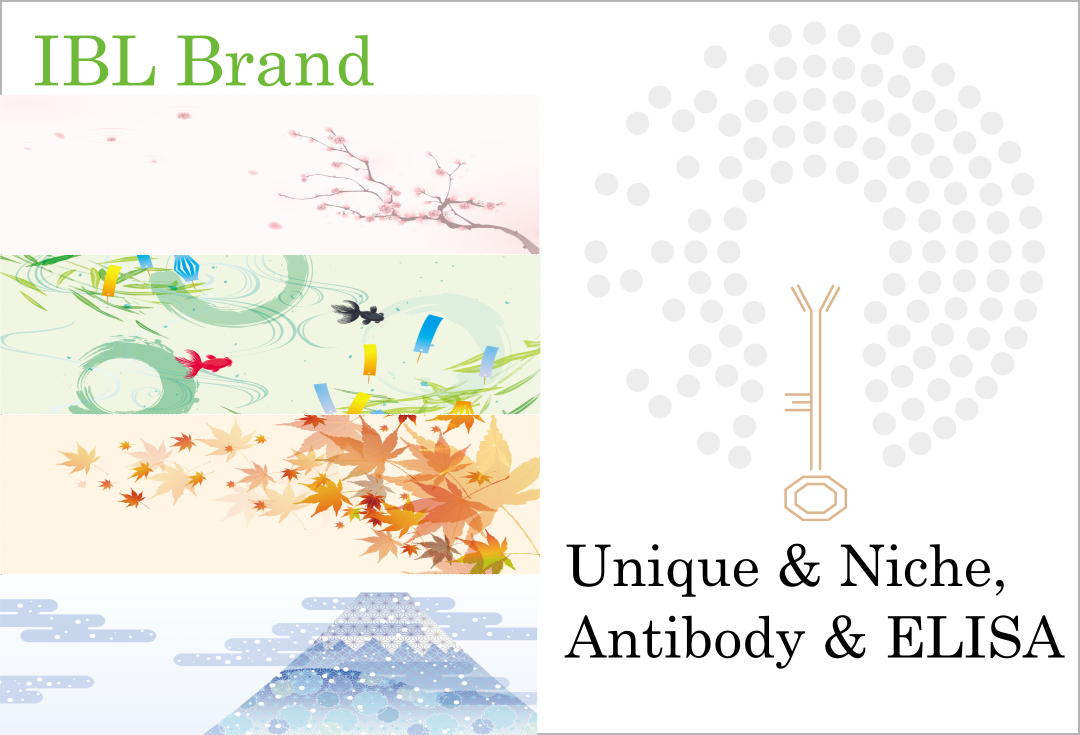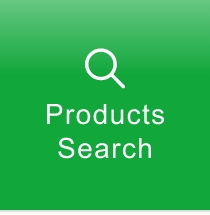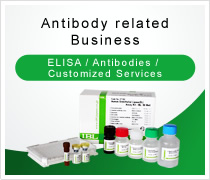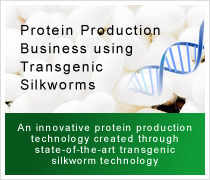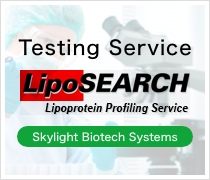- HOME >
- For Researchers >
- Product Search >
- Search Result >
- #27101 Rat VEGF Assay Kit - IBL
Product Search
#27101 Rat VEGF Assay Kit - IBL
- Intended Use:
- Research reagents
- Measuring Method:
- ELISA
- Sample Types:
- Rat
- Measuring Samples:
- EDTA-plasma, Cell culture supernatant
- Measurement Range:
- 31.25 ~ 2,000 pg/mL
- Package Size1:
- 96 Well
※ The product indicated as "Research reagents" in the column Intended Use cannot be used
for diagnostic nor any medical purpose.
※ The datasheet listed on this page is sample only. Please refer to the datasheet
enclosed in the product purchased before use.
Product Overview
Product Overview
| Product Code | 27101 |
|---|---|
| Product Name | Rat VEGF Assay Kit - IBL |
| Intended Use | Research reagents |
| Measuring Method | ELISA |
| Conjugate | HRP |
| Species | Rat |
| Measuring Samples | EDTA-plasma, Cell culture supernatant |
| Measurement Range | 31.25 ~ 2,000 pg/mL |
| Primary Reaction | 60minutes at 37 ℃ |
| Secondary Reaction | 30 minutes at 2 - 8 ℃ |
| Sensitivity | 5.44 pg/mL |
| Specificity | Compound Cross Reactivity Rat VEGF 164 100.0% Human VEGF 165 ≦0.1% |
| Storage Condition | 2 - 8 ℃ |
| Poisonous and Deleterious Substances | Not Applicable |
| Cartagena | Not Applicable |
| Measuring Service | Not Available |
| Package Size 1 | 96 Well |
Product Description
Product Description
Vascular Endothelial Cell Growth Factor (VEGF) is a homodimeric protein initially purified from media conditioned by normal bovine pituitary folliculo-stellate cells and secreted by a variety of vascularized tissues. It was subsequently found to be identical to a vascular permeability factor (VPF), which was previously identified in media conditioned by tumor cell lines based upon its ability to increase the permeability of capillary blood vessels. The reported activities of VEGF include stimulation of endothelial cell growth, angiogenesis and capillary permeability. Human VEGF is a 38.2kDa homodimeric protein consisting of two 165 amino acid polypeptide chains. VEGF is expressed in many human tumor cells, including human adenocarcinoma, human pancreatic carcinoma, human hepatocellular carcinoma, renal cell carcinoma, fibrosarcoma, HL60 promyelocytic leukemia, GS-9L glioma and U937 lymphoma cells. In normal tissues, VEGF expression has been observed in activated macrophages, keratinocytes, hepatocytes, smooth muscle cells Leydig cells, embryonic fibroblasts and bronchial and choroids plexus epithelium, renal glomerular visceral epithelium and mesangial cells. In contrast to VEGF, VEGF-C, which was discovered as a VEGF-associated molecule, has been identified as a molecule that stimulates lymph vessel formation through VEGFR-3, its specific lymphatic endothelium receptor. The existence of human VEGF-C molecules having different molecular weights as a result of proteolytic processing has been reported. The kit is a complete kit for the quantitative determination of rat VEGF.
The control set is available for sale on request. Learn More
The control set is available for sale on request. Learn More
References
References
Note: Retrieve by PMID number in displayed by abstract: http://www.ncbi.nlm.nih.gov
FAQ
FAQ
-
 Q.Can this kit be used for serum samples?
Q.Can this kit be used for serum samples? -
 A.No, it cannot.
A.No, it cannot. -
 Q.Is composition of EIA buffer of each ELISA kit all same? Can it be mixed to use?
Q.Is composition of EIA buffer of each ELISA kit all same? Can it be mixed to use?
ELISA common FAQ -
 A.No it isn't. As constitute of each EIA buffer is different, it cannot be mixed with other lots or EIA buffers contained in other kind of ELISA kits.
A.No it isn't. As constitute of each EIA buffer is different, it cannot be mixed with other lots or EIA buffers contained in other kind of ELISA kits. -
 Q.What is the composition of concentrated wash buffer?
Q.What is the composition of concentrated wash buffer?
ELISA common FAQ -
 A.It contains ordinary Tween and phosphate buffer (0.05% Tween-20 in PB).
A.It contains ordinary Tween and phosphate buffer (0.05% Tween-20 in PB). -
 Q.What is the feature of the plate?
Q.What is the feature of the plate?
ELISA common FAQ -
 A.We use plate that is flat bottom and removable strip type plate (8wellx 12 strips).
A.We use plate that is flat bottom and removable strip type plate (8wellx 12 strips). -
 Q.Can I re-use standard after reconstitution?
Q.Can I re-use standard after reconstitution?
ELISA common FAQ -
 A.Not recommended to re-use standard after reconstitution. Please use it at once after the reconstitution.
A.Not recommended to re-use standard after reconstitution. Please use it at once after the reconstitution.
Please note that there are some exceptions. One time freeze-thaw the standard is acceptable for use after reconstitution for some ELISAs.
Please check the details on each product datasheet. -
 Q.What is different between reagent blank and test sample blank?
Q.What is different between reagent blank and test sample blank?
ELISA common FAQ -
 A.Reagent blank means a well is only added EIA buffer and the purpose is confirming whether the Test sample value is influenced by lack of washing process or other operations. Test sample blank means a well is added EIA buffer and HRP antibody and the purpose is to calculate the background.
A.Reagent blank means a well is only added EIA buffer and the purpose is confirming whether the Test sample value is influenced by lack of washing process or other operations. Test sample blank means a well is added EIA buffer and HRP antibody and the purpose is to calculate the background. -
 Q.How many samples can be measured by this kit?
Q.How many samples can be measured by this kit?
ELISA common FAQ -
 A.The pre-coated plate contained in our ELISA kit is 96 wells plate. We recommend to use 16 wells (2 slits) for standard and 80 wells (10 slits) for 40 samples in duplicate.
A.The pre-coated plate contained in our ELISA kit is 96 wells plate. We recommend to use 16 wells (2 slits) for standard and 80 wells (10 slits) for 40 samples in duplicate. -
 Q.What is LOD (Limit of Detection)?
Q.What is LOD (Limit of Detection)?
ELISA common FAQ -
 A.It (LOD) is defined as sensitivity that is calculated using the NCCSL method. Please refer to a datasheet of each product.
A.It (LOD) is defined as sensitivity that is calculated using the NCCSL method. Please refer to a datasheet of each product. -
 Q.What is LOQ (Limit of Quantification)?
Q.What is LOQ (Limit of Quantification)?
ELISA common FAQ -
 A.It (LOQ) is the lowest value of measurement (standard) range. Please refer to a datasheet of each product.
A.It (LOQ) is the lowest value of measurement (standard) range. Please refer to a datasheet of each product. -
 Q.What is the definition of Over Night (O/N) reaction?
Q.What is the definition of Over Night (O/N) reaction?
ELISA common FAQ -
 A.It means that the reaction is required more than 16 hours unless otherwise specifically defined it on a datasheet of each ELISA product.
A.It means that the reaction is required more than 16 hours unless otherwise specifically defined it on a datasheet of each ELISA product. -
 Q.What is the specification of quality control for ELISA product release?
Q.What is the specification of quality control for ELISA product release?
ELISA common FAQ -
 A.The information of specification is available on individual lot specific CoA. Please contact us with your reference lot number for obtaining of specific CoA.
A.The information of specification is available on individual lot specific CoA. Please contact us with your reference lot number for obtaining of specific CoA. -
 Q.What is the number (e.g. 432143214321) at the edge of strips of the plate?
Q.What is the number (e.g. 432143214321) at the edge of strips of the plate?
ELISA common FAQ -
 A.According to the plate maker (ThermoFisher), it does not have any specific meaning as it is just the number of molds.
A.According to the plate maker (ThermoFisher), it does not have any specific meaning as it is just the number of molds. -
 Q.How to wash an ELISA plate?
Q.How to wash an ELISA plate?
ELISA common FAQ -
 A.Washing it by an auto-washer is highly recommended.
A.Washing it by an auto-washer is highly recommended.
If it is not available, please refer to the demo video (only 2 mins) using a washing bottle. -
 Q.The wells turned black during the test with the kit.
Q.The wells turned black during the test with the kit.
ELISA common FAQ -
 A.It is possible that the wells were not washed sufficiently during the washing process after the HRP-labeled antibody reaction.
A.It is possible that the wells were not washed sufficiently during the washing process after the HRP-labeled antibody reaction.
Be sure to wash the wells enough times as described in the data sheet with washing buffer of more than 350 µL. -
 Q.How do you define the acceptance range of quality control of control sets?
Q.How do you define the acceptance range of quality control of control sets?
Control Set Common FAQ -
 A.In principal, it is defined as ±15%-20% based the standard value described on each datasheet.
A.In principal, it is defined as ±15%-20% based the standard value described on each datasheet. -
 Q.What is the shelf life of control set?
Q.What is the shelf life of control set?
Control Set Common FAQ -
 A.The shelf life is 12 months upon the goods is dispatched from our lab if the goods is unopned.
A.The shelf life is 12 months upon the goods is dispatched from our lab if the goods is unopned. -
 Q.What is the storage condition of control sets?
Q.What is the storage condition of control sets?
Control Set Common FAQ -
 A.It should be stored under chilled condition (2~10℃).
A.It should be stored under chilled condition (2~10℃). -
 Q.Can the control set be used after reconstitution?
Q.Can the control set be used after reconstitution?
Control Set Common FAQ -
 A.No it cannot be re-used after the reconstitution.
A.No it cannot be re-used after the reconstitution. -
 Q.What is the package form of control sets?
Q.What is the package form of control sets?
Control Set Common FAQ -
 A.It is lyophilized form.
A.It is lyophilized form.

